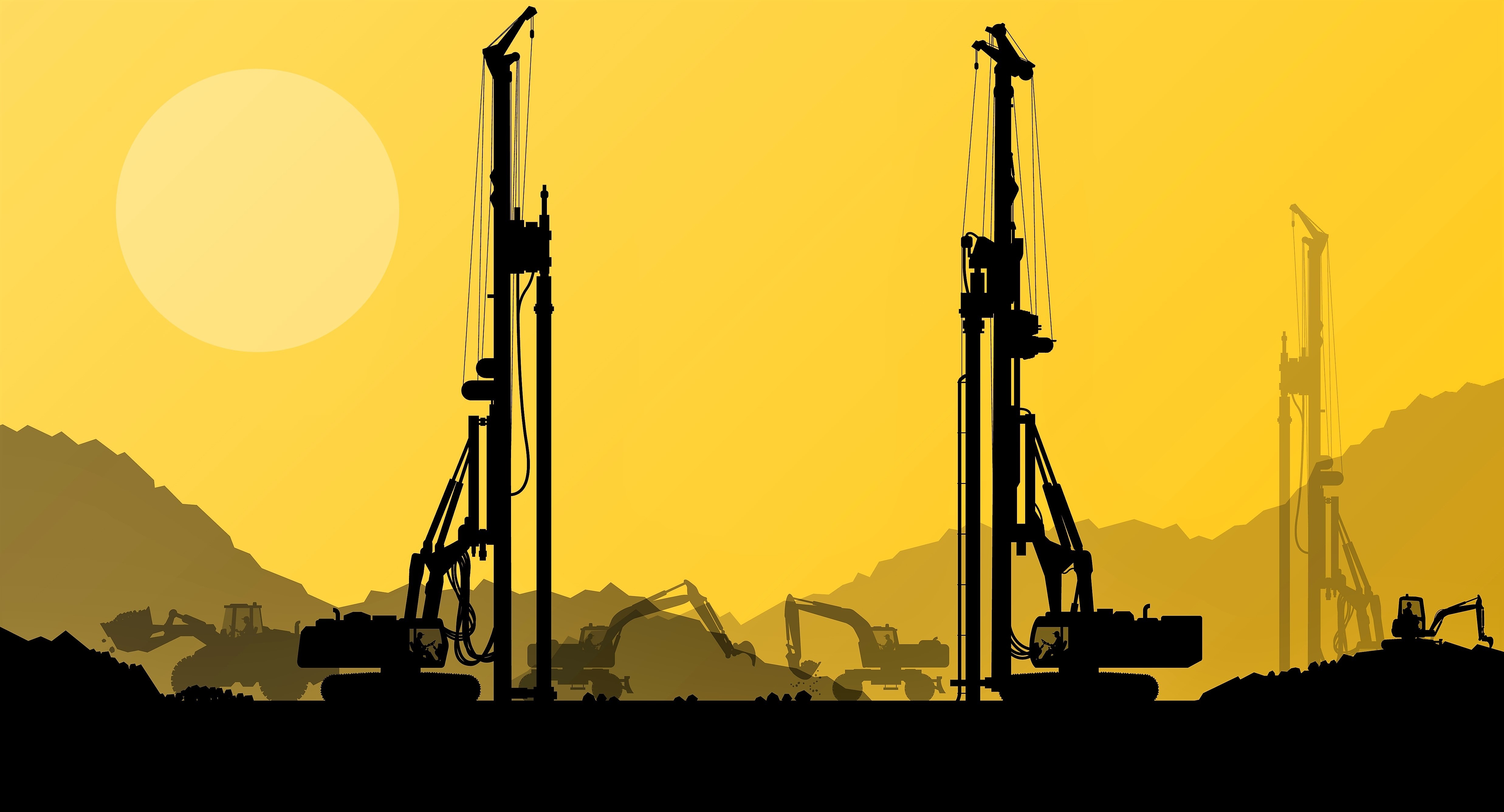Economical and Sustainable Binder for Efficient Stabilisation of Marine Soft Clay

KEY INFORMATION
Materials - Composites
TECHNOLOGY OVERVIEW
Offshore land reclamation has been an important strategy for Singapore to meet its land needs. However, the ultra-soft soil in the surrounding waters makes land reclamation extremely difficult. Besides, many infrastructure projects (i.e., tunnelling, deep excavation, etc.) are also challenging when encountering soft marine clay due to its poor engineering properties, such as high water content, high compressibility, and low shear strength.
Currently, ordinary Portland cement (OPC) is the most common binder used for soft clay stabilisation through deep mixing or jet grouting. However, OPC is not very effective for the stabilisation of marine soft clay with high water content. In addition, the production of OPC leads to negative environmental impacts such as non-renewable resources, high energy consumption, and high carbon emissions.
The technology owner has developed a sustainable novel binder, entirely from industrial by-products, that has high stabilisation efficiency for marine soft clay. Using the same binder content, the 28-day strength of the novel binder-stabilised soft clay can be 2–3 times higher than that of the OPC-stabilised clay. In addition, the novel binder has a lower cost and less environmental impact, making it an economical and sustainable alternative to OPC.
This technology is available for R&D collaboration, IP licensing, and test-bedding with industrial partners in the construction and infrastructure sectors.
TECHNOLOGY FEATURES & SPECIFICATIONS
The features of this technology are:
- Renewable sources: entirely from industry by-products
- High strength: the 28-day strength is 2–3 times higher than that of OPC-stabilised soft clay
- Low permeability: one order of magnitude lower than that of OPC-stabilised soft clay
- Cost-effective: the total binder cost is 30–40% lower than that of OPC
- Low energy consumption: about 70% lower than that of OPC production
- Low carbon emissions: about 90% lower than those of OPC production
POTENTIAL APPLICATIONS
The novel binder can be used in deep mixing and jet grouting processes for a variety of construction and infrastructure projects to improve the strength and stability of soft clay. The potential applications are as follows:
- Densification of granular soils
- Underground tunnelling
- Support for deep excavations
- Underpinning of existing foundations
- Settlement control
- Liquefaction mitigation
Unique Value Proposition
The technology offers the following unique features:
- Extremely high stabilisation efficiency
- Low binder cost (30–40% lower than OPC)
- Renewable resources (from industrial by-products)
- Low energy consumption and CO2 emissions
- Easy adaptation to existing soil stabilisation processes
This technology is available for R&D collaboration, IP licensing, and test-bedding with industrial partners in the construction and infrastructure sectors.
